Learn more about the smart and connected world through talks presented by Warren B. Nelms Institute and University of Florida researchers. These short 15-minute presentations will cover IoT technology and applications in diverse fields, such as healthcare, agriculture, climate, transportation, and education, and reflect the diverse areas of study researched in the Warren B. Nelms Institute.
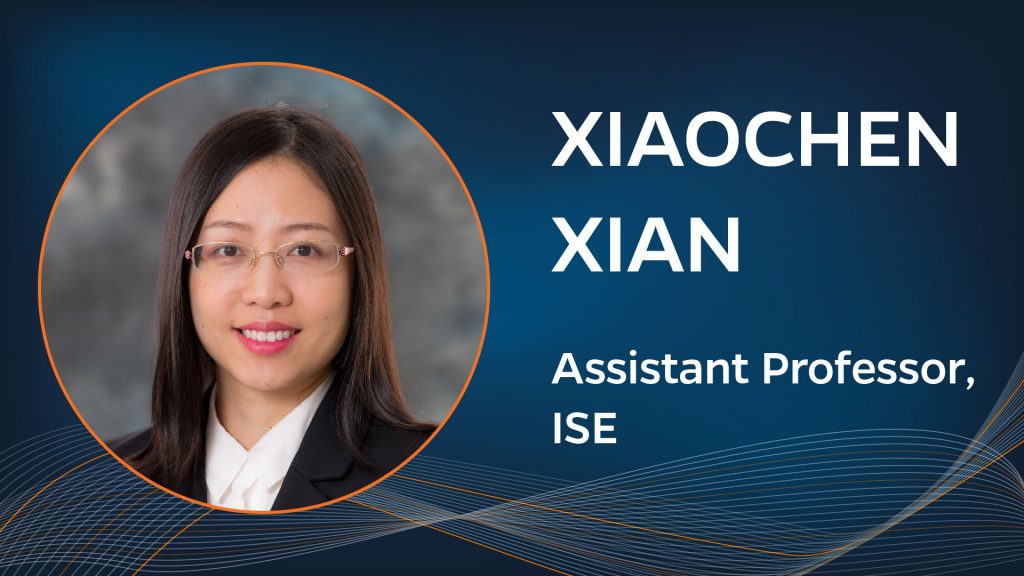
Online Monitoring of Big Data Streams in IoT Systems
Abstract: In this talk, the challenge of IoT big data monitoring is introduced in detail and a monitoring and sampling algorithm based on data augmentation is demonstrated as one solution. Specifically, at each observation time, the proposed method will automatically augment information for unobservable variables based on the online observations, and then intelligently allocate the monitoring resources to the most suspicious data streams. Simulation studies as well as a real case study on real-time solar flare detection are conducted to demonstrate the efficacy and applicability of the proposed method.
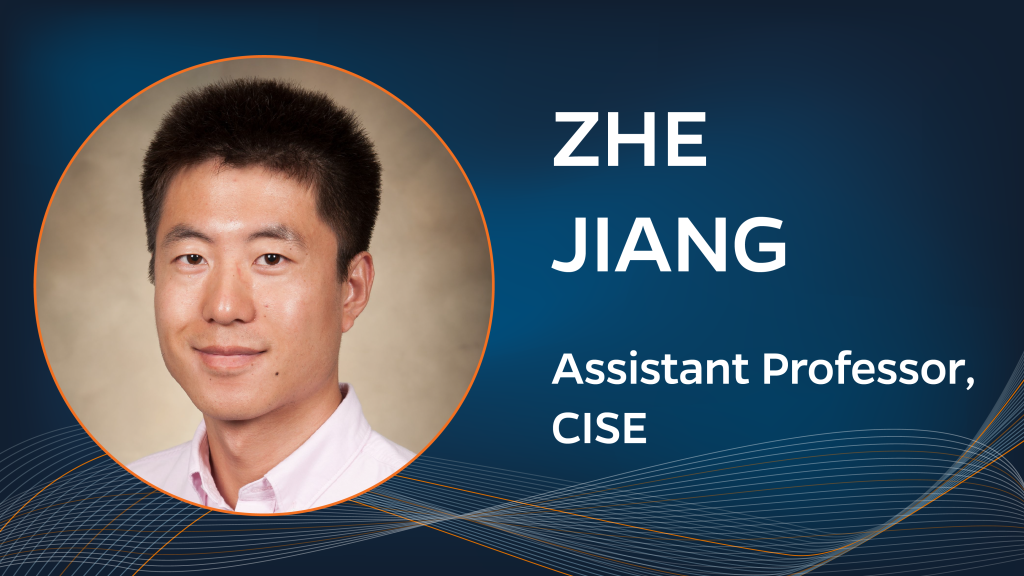
One Size AI Does Not Fit All: A Step Towards GeoAI
Abstract: In this short presentation, Dr. Jiang introduces his research on GeoAI, an emerging area at the intersection of AI and Geoscience domains. The talk will cover the societal needs, unique technical challenges, as well as several ongoing research projects that address some of these challenges.
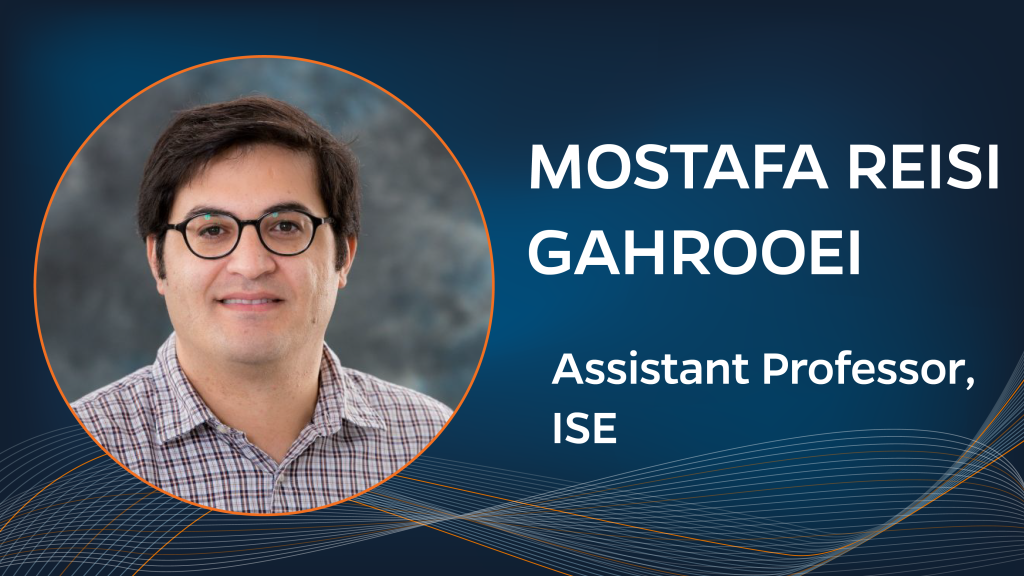
Tensor Analytics for Systems of Federated Systems
Abstract: This presentation introduces a “system of federated systems (SoFSy)” approach for modeling high-dimensional and high-variety data that are common in modern IoT-enabled applications such as manufacturing and agriculture. A tensor regression model is briefly presented to address some of the challenges of SoFSy.
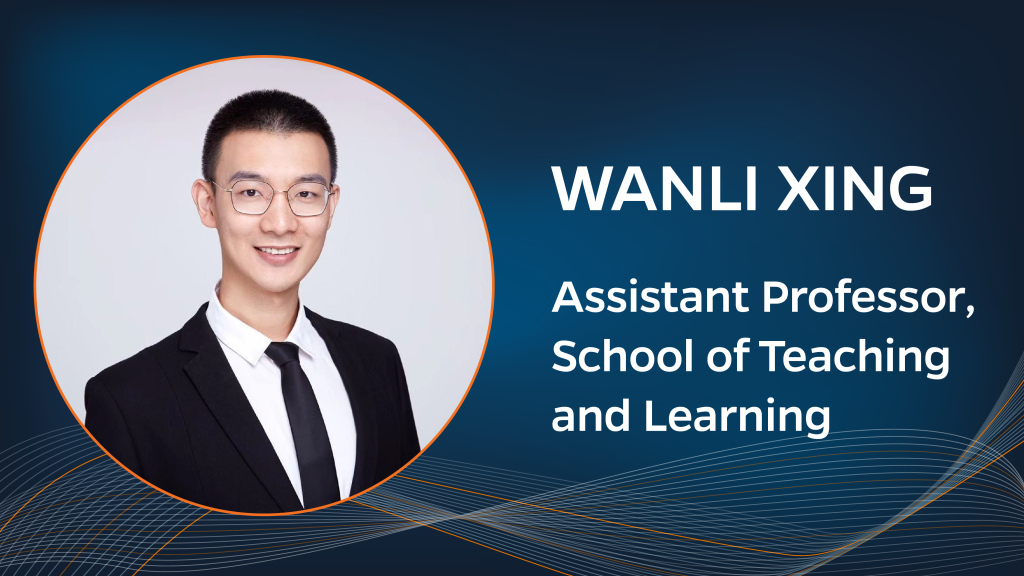
Teaching and Learning at the Human-Technology Frontier: The Power of Artificial Intelligence and Big Data
Abstract: In this presentation, AI in education is mainly introduced. Specifically, it discusses the general landscape of AI in education, designing and developing AI for STEM education, and teaching AI for future workforce development. A few ongoing research projects are discussed to address some AI challenges in education.
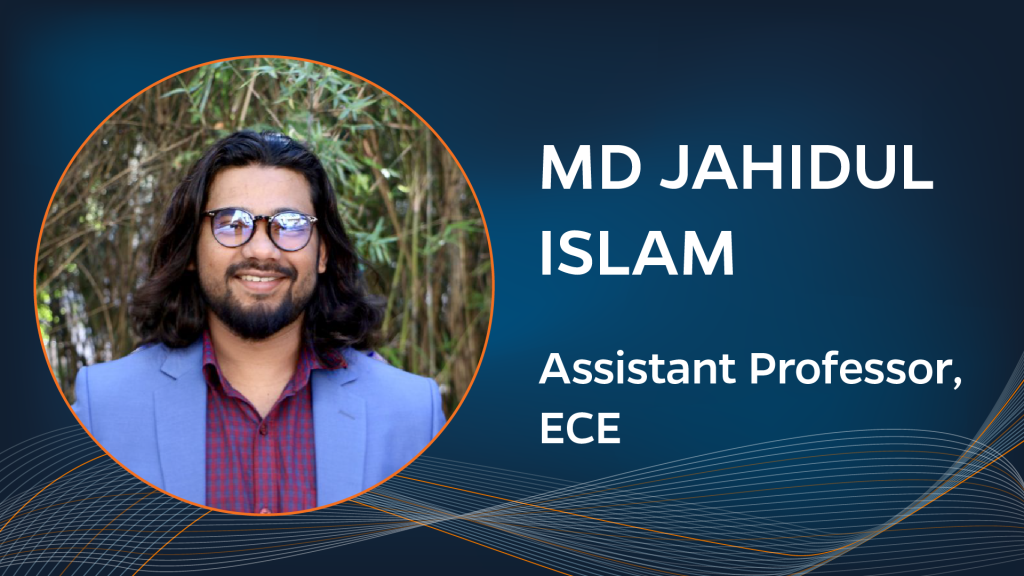
Ensuring Robust Visual Perception for Underwater Robots in Adverse Sensing Conditions
Abstract: Visually-guided underwater robots are deployed alongside human divers for cooperative exploration, inspection, and monitoring tasks in numerous shallow-water and coaster-water applications. The most essential capability of such robots is to visually interpret their surroundings, record/collect interesting samples, and often assist divers during an underwater mission. Despite recent technological advancements, the existing systems and solutions for real-time visual perception are greatly affected by marine artifacts such as poor visibility, lighting variation, and the scarcity of salient features. The difficulties are exacerbated by a host of non-linear image distortions caused by the vulnerabilities of underwater light propagation. In this talk, I will delineate my research attempts to address these challenges by designing novel and improved visual learning-based solutions. I will further provide a broad overview of how these perception solutions enable underwater robots to ‘see better’ in noisy conditions and ‘do better’ with limited onboard computational resources and real-time constraints. I will also highlight how these solutions connect to several important multidisciplinary use cases and exciting new research directions.
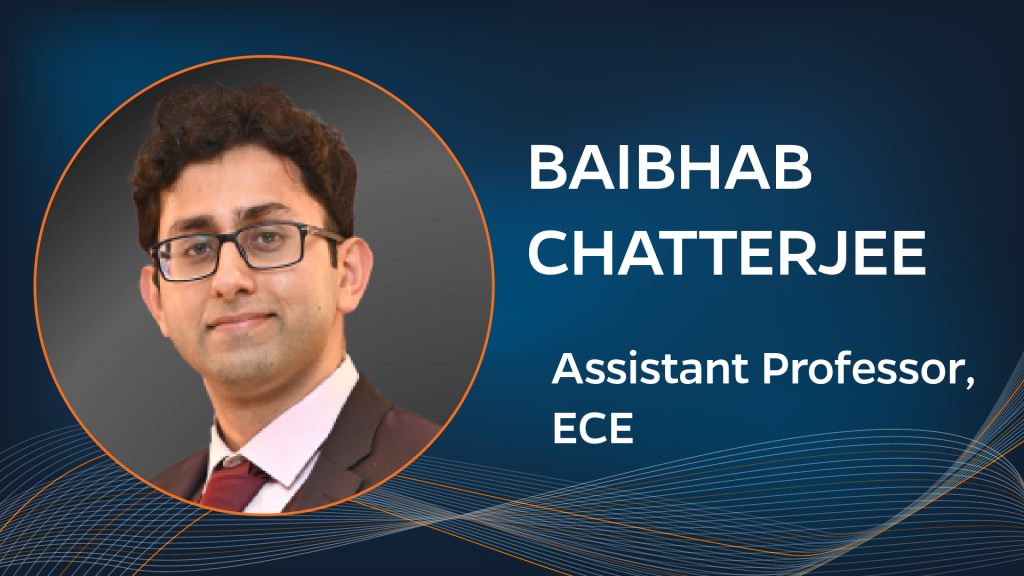
Energy-Efficient Secure Communication and Sensing for the Internet of Bodies (IoB)
Abstract: The last few decades have witnessed an unprecedented growth in multiple areas of electronics spanning low-power sensing, intelligent computing and high-speed wireless connectivity. In the foreseeable future, there would be hundreds of billions of computing devices, sensors, things and people, wherein the technology will become intertwined with our lives through continuous interaction and collaboration between humans and machines. Such human-centric ideas give rise to the concept of internet of bodies (IoB) which calls for novel and energy-efficient techniques for sensing, processing and secure communication for resource-constrained IoB nodes. With this vision in mind, this talk presents some of the energy-efficient communication and sensing techniques developed by Dr. Baibhab Chatterjee in the recent past. Such energy-efficient sensing and communication techniques, when combined with intelligent in-sensor-analytics at the resource-constrained nodes, will potentially pave the way for perpetual, and even battery-less future systems.